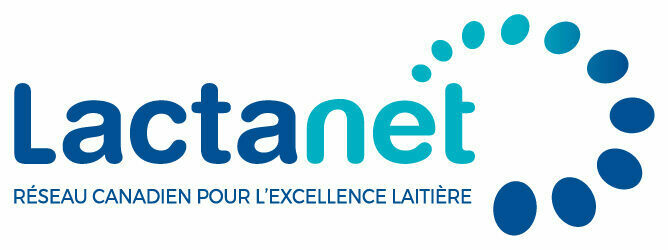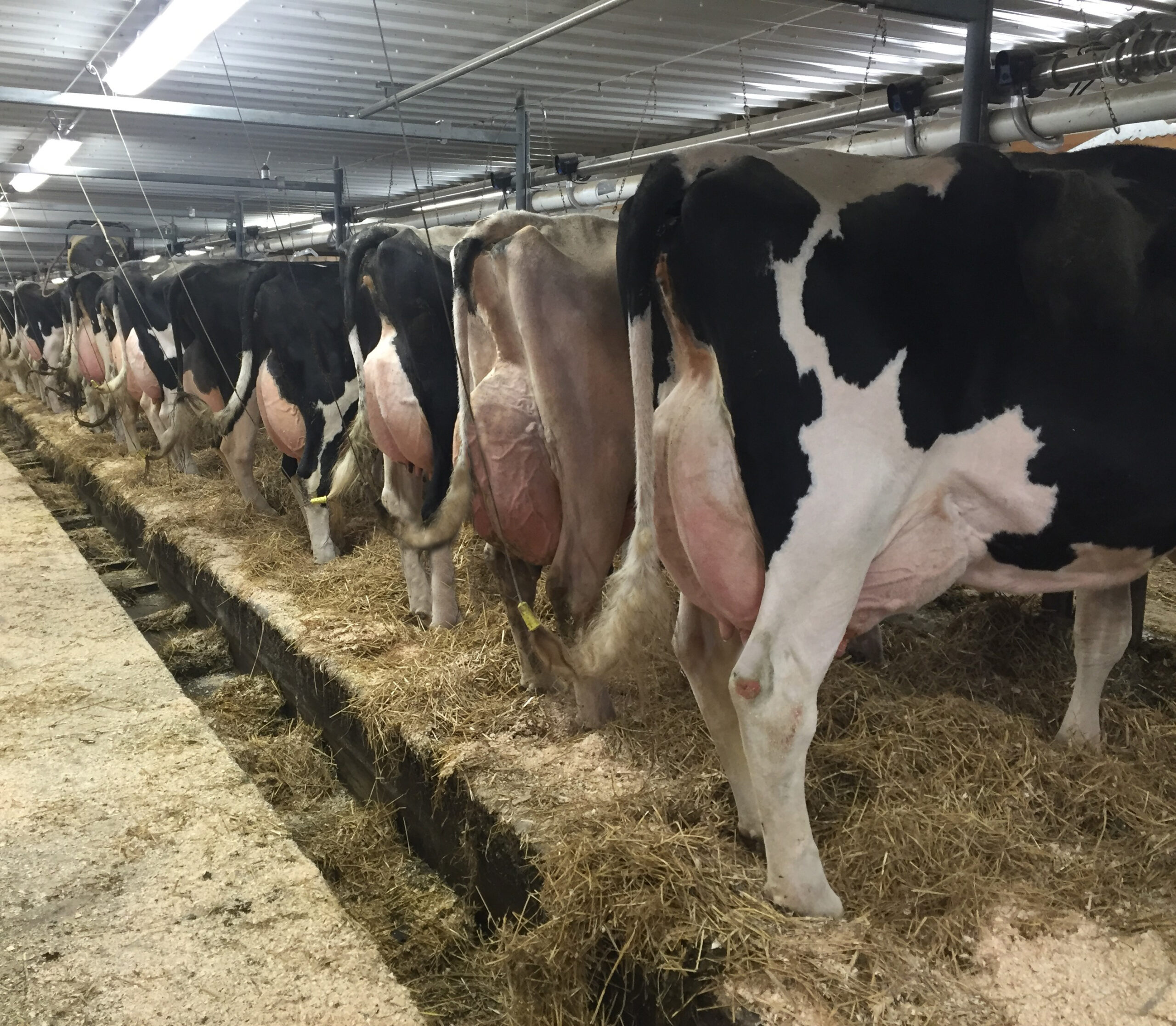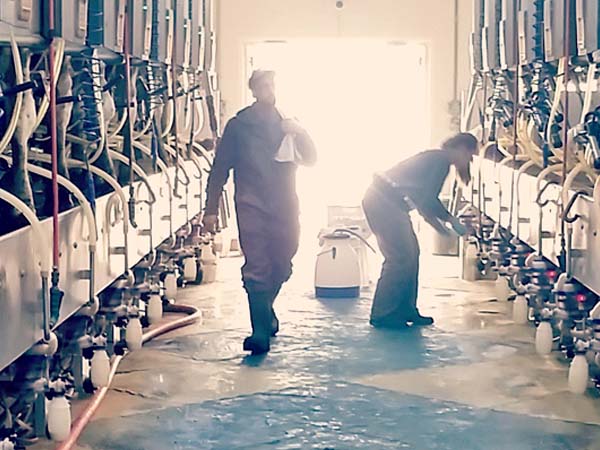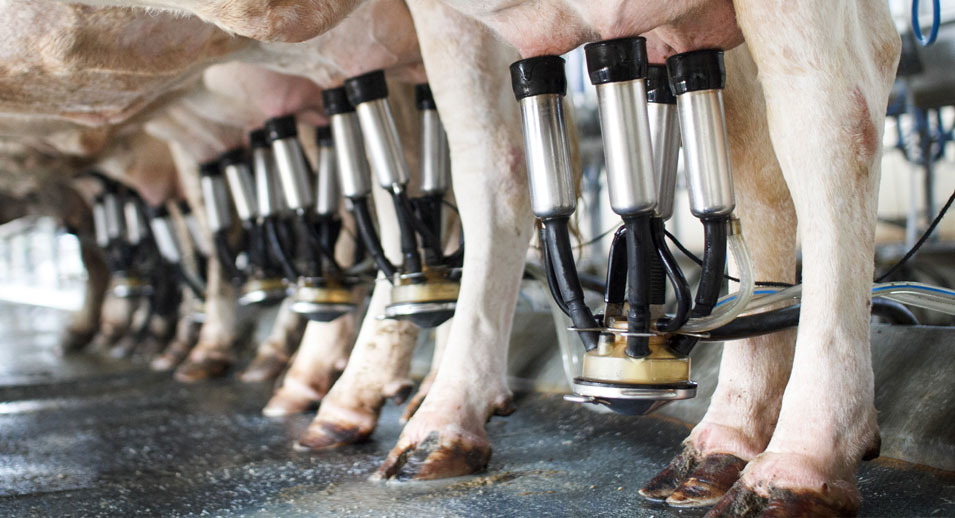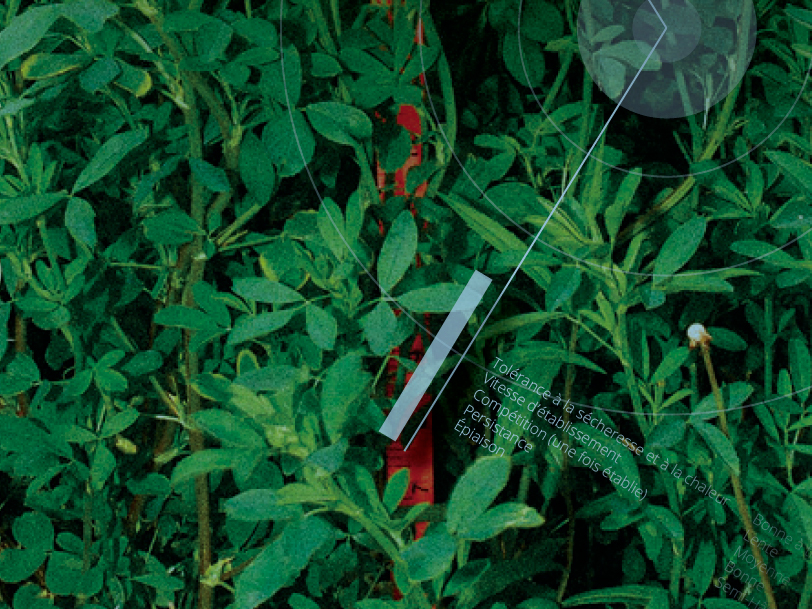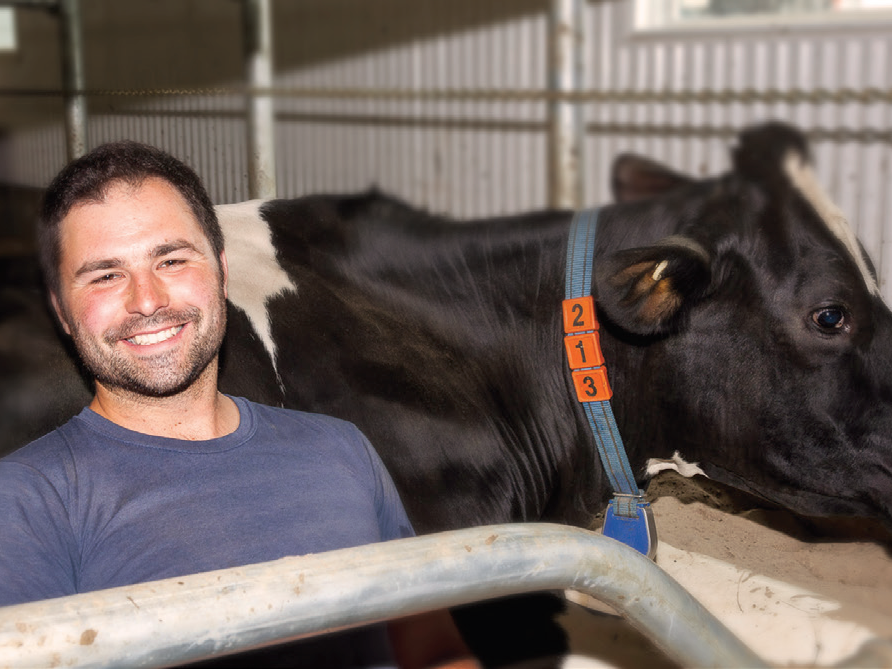Fix A Milk Quality Problem Quickly: A Smart Strategy
- June 15, 2021
- Le Producteur de Lait Québécois Magazine
Acting quickly when a milk quality problem arises is both a productive and profitable approach. A quality advisor can help you define the issue more clearly. Stéphane, who owns Ferme Barsalou, shares his experience here.
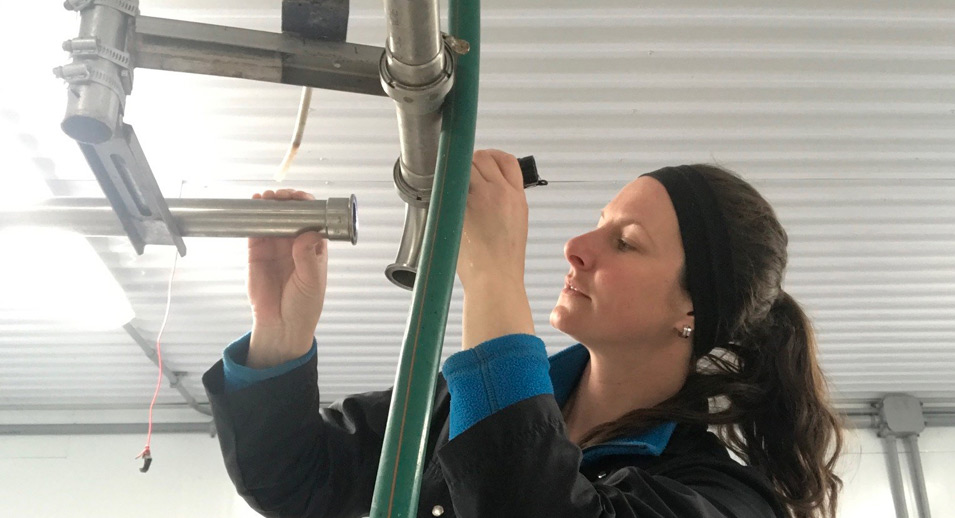
Quality Is A Priority
Stéphane represents the fifth generation of the Barsalou family to operate Ferme Barsalou et Fils SENC, a farm established in 1871, in Sainte-Sabine, in the Montérégie area. Composed mainly of Holsteins, the herd fills a 47-kg quota.
Stéphane is a visionary who always has a project on the go. He is constantly developing his operation and continues to increase his quota every month. He has four children to whom he hopes to pass on his passion for dairy farming, so they, in turn, can take over the farm. He remains open to a non-family transfer, however, depending on what the future holds. His main objective is to run a profitable business, and he believes that producing top quality milk is the way to do that. Stéphane is a proactive producer who takes pride in working hard to ship good quality milk day after day, with an average SCC of 100 000 and a bacterial count of 8 000. Accordingly, his farm is able to take advantage of all the milk quality premiums available, which amount to over $3000 a year.
High Bacterial Count
On-Farm Intervention
Quick And Cost-Effective Decision Making
“Don’t be afraid to surround yourself with professionals in the dairy sector or be ashamed to ask for help. It’s especially important to take action before the problems pile up or the situation deteriorates. You need to know how to surround yourself with qualified advisors and service providers that you can count on for support in all areas of dairy management, to help you become more efficient and quickly identify solutions to your problems.”
“If you solve the problems quickly, the wheel stops turning. But if you wait too long, there’s a snowball effect, and the initial problems generate new ones. It doesn’t take long to get discouraged. In this case, because I acted rapidly, I was able to get my quality premiums back the following month, which proved very profitable for my farm,” he adds.
We are fortunate to have a collective marketing system for our milk in Quebec, so individual producers don’t have to negotiate with the processors, as is the case in the US. The testing program ensures that all producers meet the required standards. Thus the responsibility of shipping top quality milk is shared and assumed by all producers.
If you would like to find out more about how to improve milk quality on your farm, visit the “Milk Production and Quality” section, or consult your advisor.
A TO-DO LIST TO ENSURE MILK QUALITY:
- Check the alarms on the thermograph (milk temperature, wash temperature and duration)
- Check that the correct amounts of washing products are being used
- Remember to clean the radiator monthly
- Check that the air injector is functioning properly
- Do a visual check after every wash to make sure the inside of the bulk tank is clean
- Ensure that milking equipment is clean at all times
Milk Quality Advisor in Quebec
- ROLE OF THE MILK QUALITY ADVISOR
The milk quality advisor acts as an industry resource person by contributing to improving the quality of milk produced in Quebec. The milk quality advisor intervenes in cases of bacteria and somatic cell penalties, or when producers need support to improve milk quality. The quality advisor interprets the data and milk recording reports, prepares an action plan with producers and provides follow-up support. Don’t hesitate to take advantage of your advisor’s expertise! Some of these services are subsidized, so cost-free under certain conditions.
- HOW TO CONTACT YOUR MILK QUALITY ADVISOR
Getting support from a milk quality advisor is as easy as 1-2-3!
There are two ways you can get in touch:- Contact your regional secretary
- Contact Lactanet’s customer service

Caroline Martel, agronomist, Milk Quality Advisor, Lactanet
